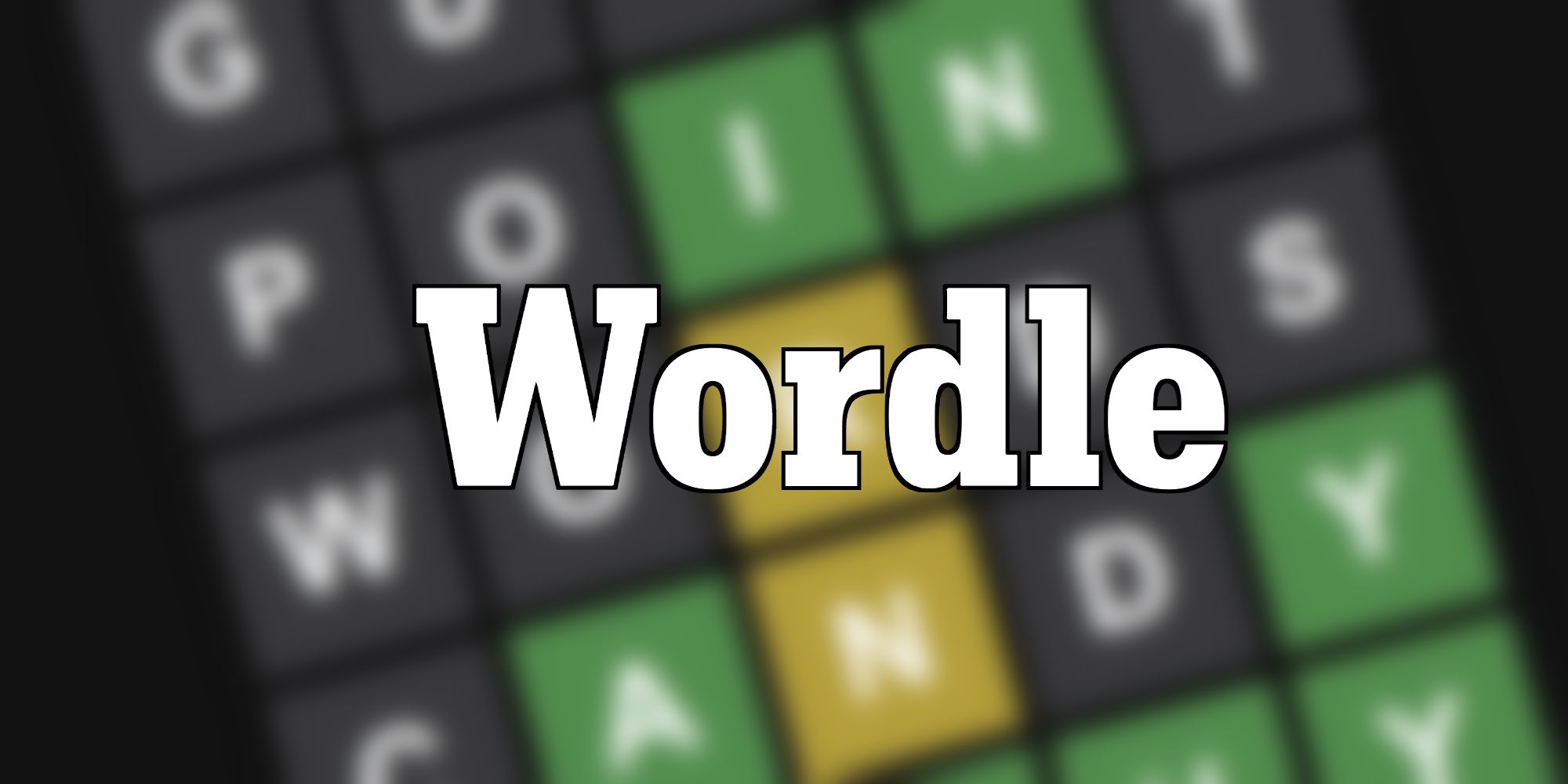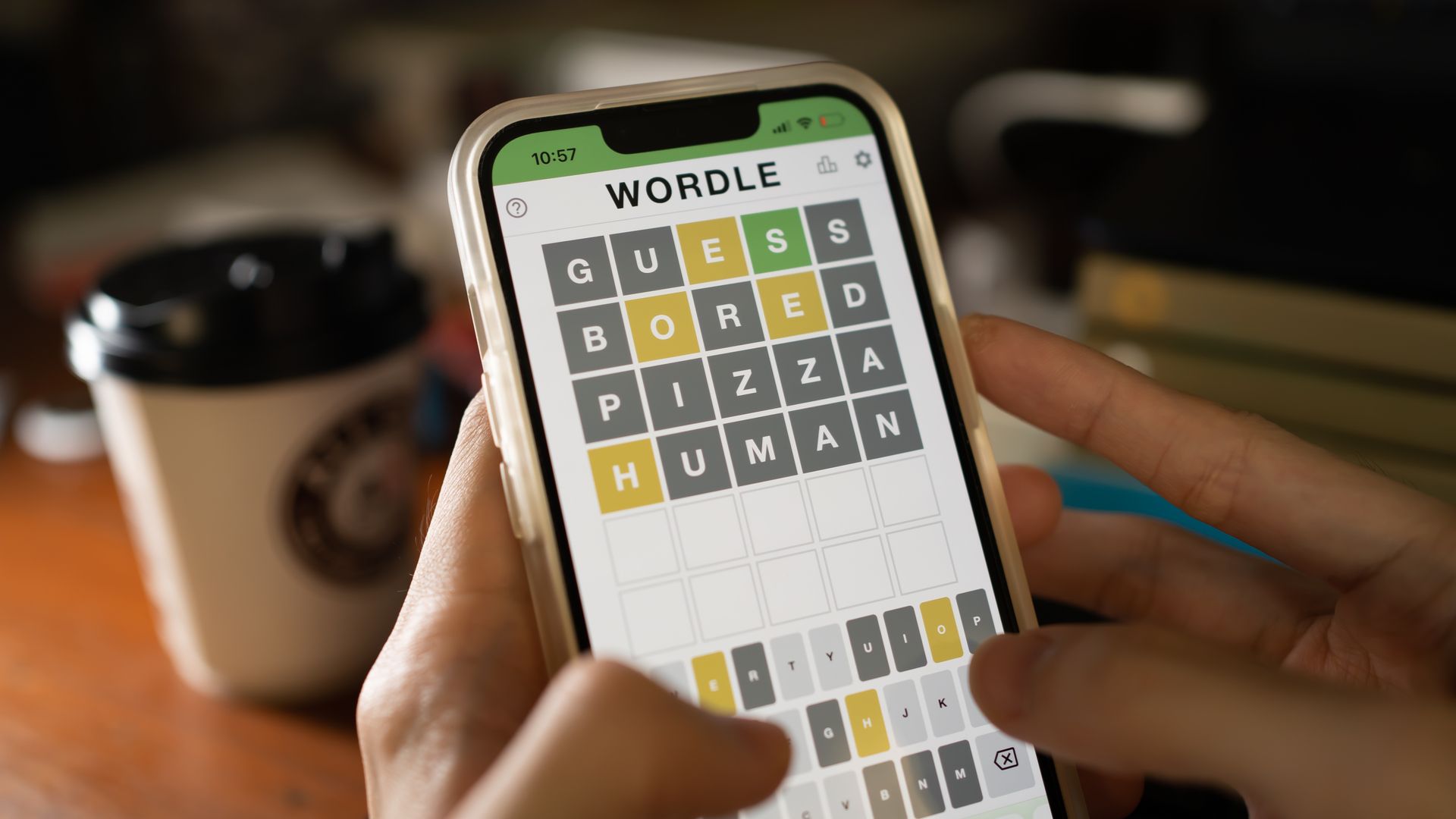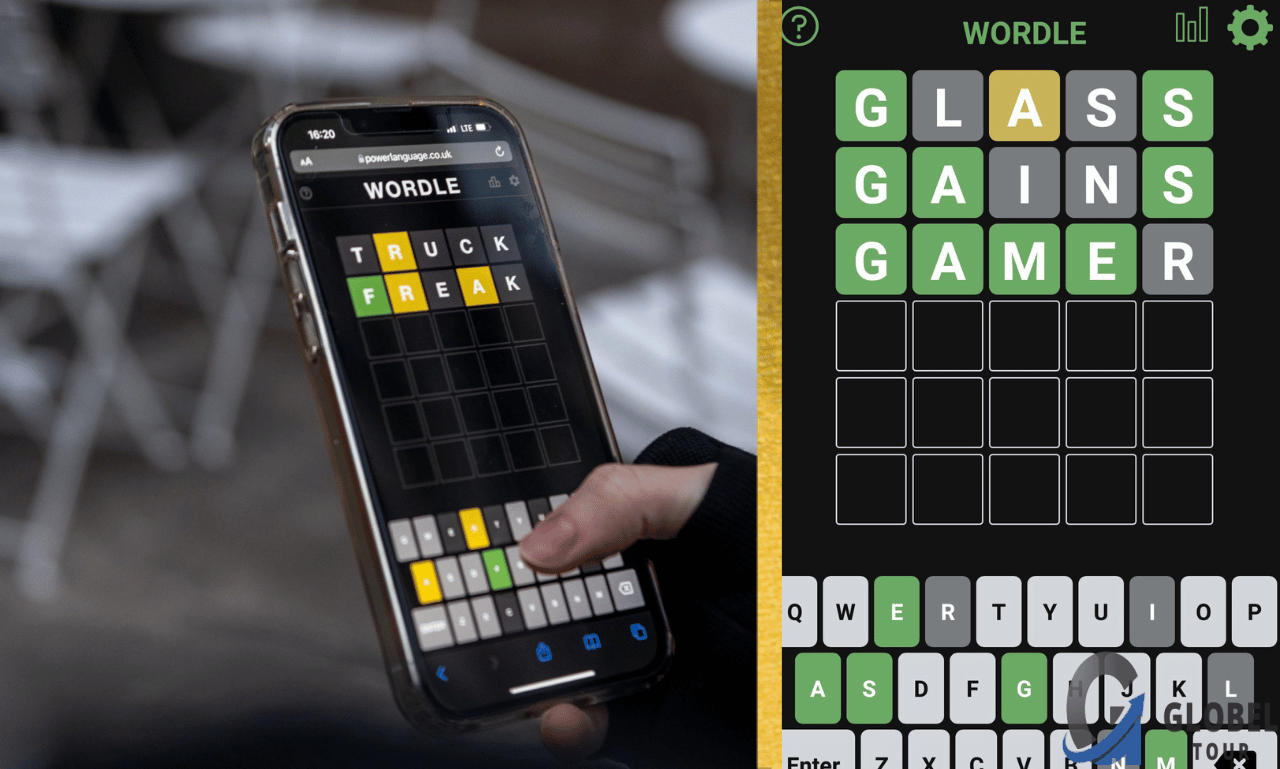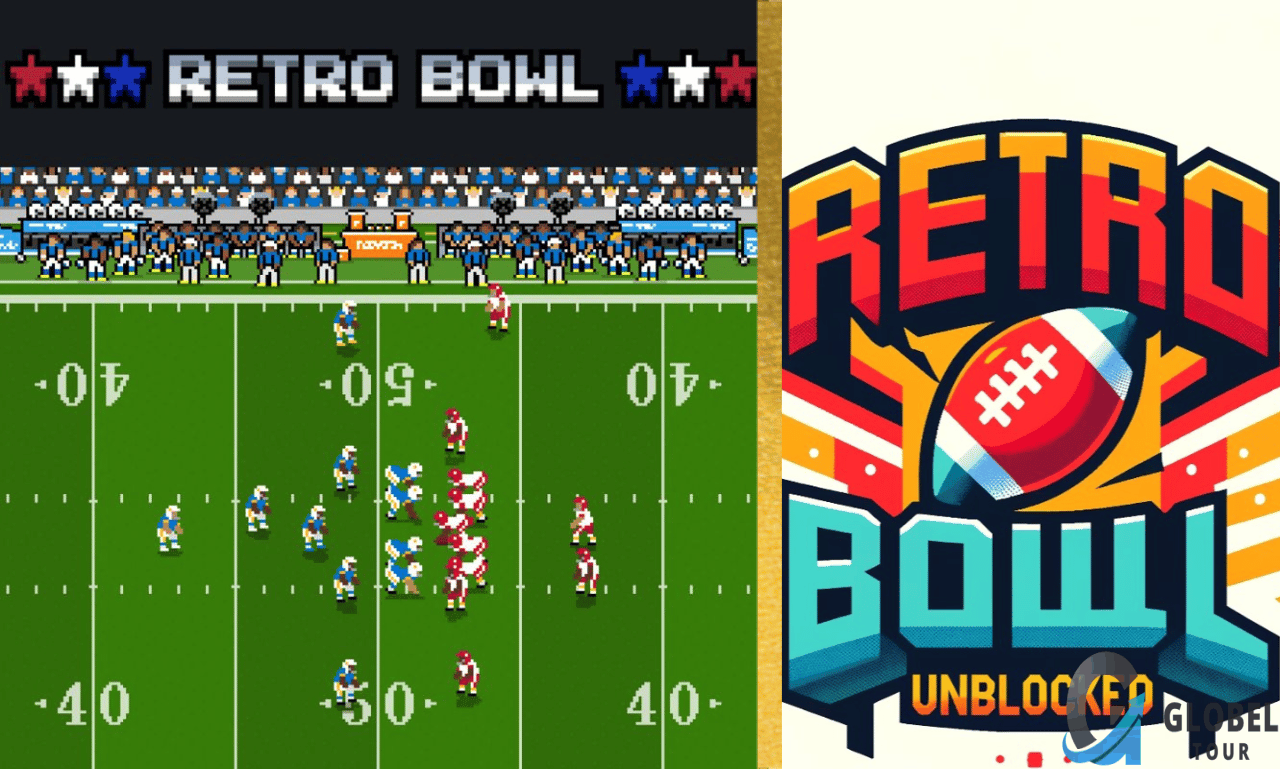Newsweek Wordle has quickly become a global sensation, engaging millions of people in a daily quest to guess a five-letter word within six attempts. As simple as it may seem, the game can be surprisingly challenging, especially when a particularly tricky word comes up. For those needing extra help, sources like Newsweek provide daily hints to guide players in the right direction. In this article, we will explore how the Newsweek Wordle hint today can help players, what it involves, and how to maximize its use to improve your game. Whether you’re a Wordle veteran or a new player, this guide will give you all the insights you need to get your daily win.
Understanding Wordle: The Basics

Before we dive into how the Newsweek Wordle hint today can help you, let’s take a moment to understand the game itself. Wordle is a simple yet challenging puzzle game that tasks players with guessing a hidden five-letter word. You get six chances to guess the word, and with each guess, the letters change color based on their accuracy:
- Green: The letter is correct and in the right position.
- Yellow: The letter is correct, but in the wrong position.
- Gray: The letter is not in the word at all.
The goal is to guess the word within six attempts using logic, common word patterns, and educated guesses. As easy as it sounds, Wordle can get tricky, especially with words that have unusual letter combinations or obscure spellings. This is where daily hints can come in handy, like the Newsweek Wordle hint today.
The Role of Newsweek in Wordle: Daily Hints and Solutions
For many players, solving the daily Wordle puzzle is a fun and rewarding challenge. But for others, especially those who may not have the time or patience to spend hours on a single puzzle, a hint can make all the difference. Newsweek provides just that—daily hints for Wordle players who need a bit of guidance.
The Newsweek Wordle hint today typically provides a clue or suggestion that points players in the right direction. These hints are usually subtle, offering just enough information to help you make a more educated guess without giving away the entire solution. They might focus on letter placement, word structure, or even a cryptic clue that requires a bit of lateral thinking.
Newsweek also provides the solution to the puzzle once the day is over, so if you’re unable to solve it, you can always come back and check the correct answer. The beauty of this setup is that it gives players a chance to learn from their mistakes and improve their game, all while maintaining the challenge and fun of Wordle.
Why Use the Newsweek Wordle Hint Today?
Many Wordle enthusiasts prefer solving the puzzle on their own, relying on their intuition and skills. But as the game progresses, it’s natural to feel frustrated when you’ve hit a dead end. Using a hint can help break the cycle and provide a fresh perspective on the puzzle. Here are some reasons why you might consider using the Newsweek Wordle hint today:
1. Time Constraints
Wordle is often a daily ritual for many players. However, not everyone has the luxury of spending 30 minutes on a single puzzle. For those who are pressed for time, Newsweek’s hint can provide the push needed to solve the puzzle more quickly. The hint can often be the nudge you need to guess the word before time runs out.
2. Avoiding Frustration
Sometimes, hitting a wall in Wordle can be a frustrating experience. After guessing multiple words and getting no closer to the solution, the temptation to quit can be strong. Newsweek’s daily hints help alleviate this frustration, allowing players to stay engaged without feeling defeated.
3. Improving Skills
Using hints doesn’t necessarily mean you’re taking shortcuts. Newsweek’s hints can serve as valuable learning tools. By analyzing the daily hints, players can pick up strategies and insights that they can use in future games. Over time, these small clues help improve your Wordle skills and speed.
4. Engaging with a Community
Wordle has become a communal experience, with players often sharing their results and strategies on social media platforms. Using Newsweek’s Wordle hints today allows you to stay in the loop and engage with fellow players who are also solving the puzzle. It adds an element of camaraderie and competition to the experience.
How Does Newsweek Provide the Hint?
When Newsweek releases its Wordle hint today, they typically aim to provide just enough information to keep the puzzle interesting without completely giving away the answer. Here’s a breakdown of how they generally provide these hints:
1. Letter Placement Clue
A common type of hint Newsweek might give is related to letter placement. For example, they could tell you that a particular letter appears in the first or last position, or that a certain letter is not in the middle. This can help players make more targeted guesses.
2. Word Structure
Another type of clue that Newsweek might offer focuses on the structure of the word itself. For example, they might hint that the word ends with a common suffix like -ed, -ly, or -ing. This can provide a significant boost, especially when you’re stuck trying to figure out common endings.
3. Synonyms or Themes
Occasionally, Newsweek might provide a clue that relates to the word’s meaning or a general theme. This is particularly useful for players who enjoy solving puzzles using associations and knowledge of common phrases, objects, or concepts. These hints can often feel like mini-riddles that add an extra layer of fun to the game.
4. Letter Frequency
Sometimes, Newsweek hints will point out which letters are frequently used in five-letter words. This could be a simple clue, such as “The word contains a vowel,” or something more specific, like “This word contains a letter that frequently appears in the middle.”

Benefits of Using Hints Wisely
While it’s tempting to use the Newsweek Wordle hint today right away, there are benefits to waiting until you need it. Using hints strategically can make the game more enjoyable and less stressful. Here’s how you can benefit from using hints in moderation:
1. Maximizing Learning
Each hint you receive can teach you something new about the game. For example, you might start to recognize common letter combinations or word structures that you might not have noticed before. By carefully analyzing the hints, you can start applying these insights to your future games.
2. Avoiding Over-Reliance
Using hints regularly can lead to over-reliance, where you don’t attempt to solve the puzzle on your own. By challenging yourself to solve puzzles without hints occasionally, you can maintain the challenge and improve your problem-solving skills.
3. Reducing Stress
If you find yourself getting frustrated or anxious while playing Wordle, a hint can provide just the relief you need to stay engaged without feeling overwhelmed. By using hints sparingly, you can maintain a healthy balance between challenge and enjoyment.
Wordle Strategy: Tips for Maximizing Your Success
Even with the Newsweek Wordle hint today, success in Wordle requires a solid strategy. Here are some tips to maximize your chances of solving the puzzle:
1. Start with Common Vowels
One of the best strategies for starting any Wordle puzzle is to use words with common vowels. The most frequently used vowels in five-letter words are A, E, and O. Words like “audio”, “later”, or “stone” are great starting points because they cover a broad range of vowels and consonants.
2. Use Letter Frequency Knowledge
Certain letters appear more often than others in Wordle puzzles. E, A, T, O, N, and R are some of the most frequently used letters. Incorporating these letters into your guesses early on will help you rule out possibilities more efficiently.
3. Avoid Repeating Incorrect Letters
Once you know a letter isn’t in the word, avoid using it again. For example, if you’ve guessed B and it’s marked gray, don’t guess words that contain B in future attempts. This will help narrow down the possibilities more quickly.
4. Look for Word Patterns
Once you start to figure out which letters are in the word, focus on common word patterns. For instance, words that end in -ed, -ly, or -ing are common. Identifying these patterns early can help you zero in on the correct answer faster.
Table: Letter Frequency in Wordle
| Letter | Frequency in Wordle Puzzles | Usage Tips |
| E | Most common vowel | Always start with words containing E for maximum vowel coverage. |
| A | Common vowel | Try A after E. It often appears in the middle of words. |
| T | Frequent consonant | Often in the beginning or end of words (e.g., “start”, “water”). |
| O | Common vowel | Great for the middle or last position (e.g., “stone”, “flock”). |
| R | Frequent consonant | Often used in endings like -er, ar, or -or. |
| N | Common consonant | Appears frequently in the middle of words (e.g., “stone”, “plant”). |
| L | Frequent consonant | Common in syllables or word endings (e.g., “ball”, “full”). |
| S | Frequent consonant | Often in plurals or verb forms (e.g., “stars”, “steps”). |

Conclusion: Embracing the Newsweek Wordle Hint Today
In conclusion, the Newsweek Wordle hint today is a valuable resource for players who need that little extra nudge to solve the daily puzzle. Whether you use it to save time, avoid frustration, or improve your Wordle skills, it can enhance your overall experience. By following the tips and strategies in this article and using Newsweek’s hints wisely, you’ll become a Wordle pro in no time. Happy puzzling!




